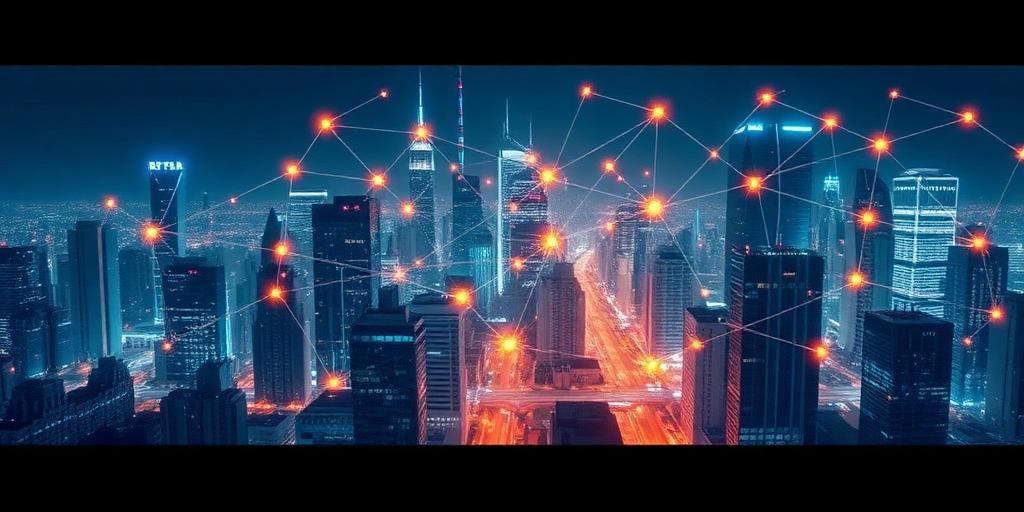As a tech enthusiast, it's easy to get caught up in the hype surrounding new advancements. But every so often, something comes along that genuinely sparks a sense of optimism and excitement. Right now, that's the buzz around advancements in decentralized AI.
Decentralized AI is the concept of distributing artificial intelligence systems across a network, rather than relying on centralized servers. This approach unlocks several key benefits that have me genuinely excited about the future.
Enhanced Privacy and Security
One of the biggest concerns with current AI models is data privacy. Centralized systems require vast amounts of data, often collected without users' explicit consent. Decentralized AI flips this model by enabling AI to learn from data stored locally on devices, without the need to transfer sensitive information to a central server. This dramatically reduces the risk of data breaches and misuse, putting individuals back in control of their personal information.
Increased Accessibility and Democratization
Currently, AI development is largely concentrated in the hands of a few tech giants with massive resources. Decentralized AI has the potential to democratize access to AI technology, allowing individuals and smaller organizations to participate in its development and deployment. By distributing computing power and data across a network, decentralized AI can lower the barrier to entry and foster innovation from a wider range of participants.
Improved Reliability and Resilience
Centralized AI systems are vulnerable to single points of failure, which can disrupt services and cause significant problems. Decentralized AI is inherently more resilient, as it can continue functioning even if some nodes in the network go offline. This makes it ideal for critical applications where reliability is paramount, such as healthcare, transportation, and emergency response.
The Road Ahead
Of course, decentralized AI is still in its early stages, and there are several challenges that need to be addressed before it can reach its full potential. These include developing robust security protocols, ensuring data integrity, and creating efficient mechanisms for coordinating distributed AI systems. However, the potential benefits are so significant that I believe it's worth investing the time and effort to overcome these challenges.
In conclusion, I am optimistic about the potential of decentralized AI to transform a wide range of industries and improve people's lives. By addressing the limitations of centralized AI, it can unlock new possibilities for privacy, security, accessibility, and reliability. While there is still work to be done, I believe that decentralized AI represents a significant step forward in the evolution of artificial intelligence.









